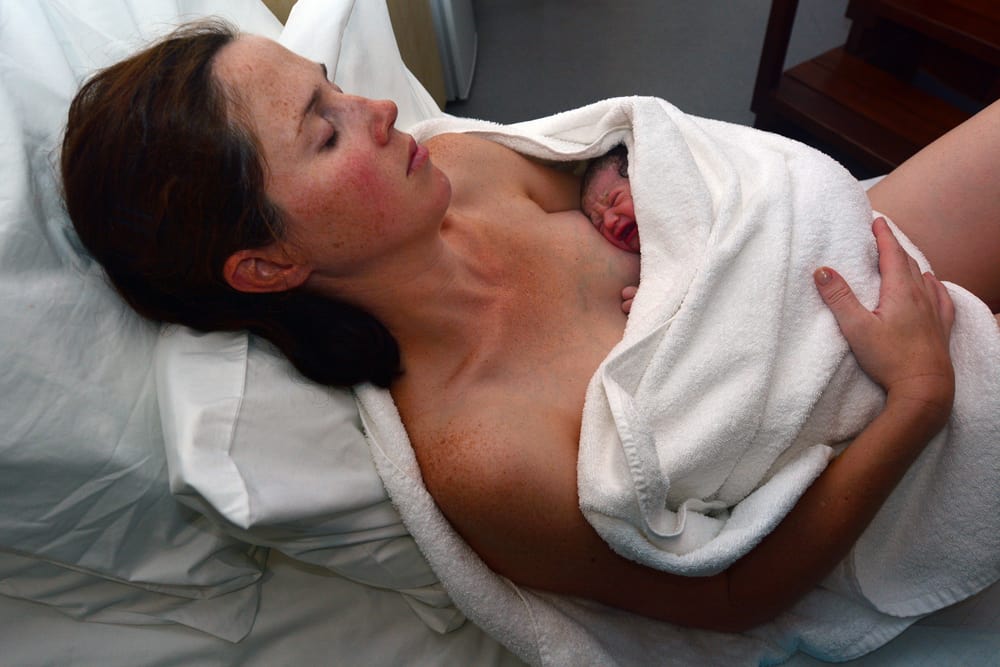Contents:
- Medical Video: What Genes Tell Us About Sleep | Ying-Hui Fu | TEDxThacherSchool
- A person's sleep pattern is influenced by genes
- Long sleep times and health problems
- Other factors that affect sleep patterns
Medical Video: What Genes Tell Us About Sleep | Ying-Hui Fu | TEDxThacherSchool
Did you know that genes play a role in sleep patterns that you often do every night? Some people may need less than 6 hours of sleep each night, while others are accustomed to more than 7 hours per night to sleep. Well, the length of time each person's sleep habits depend on genetic factors, you know! Check out the full explanation below.
A person's sleep pattern is influenced by genes
A study published in the journal Molecular Psychiatry shows, if the amount of sleep you get every night may be slightly dependent on genetic factors.
The study was conducted on 47 thousand people of European, United States and Australian descent, and nearly 5 thousand people of African-American descent. They identified two genetic variations related to the duration of sleep a person needs each night. Then the researchers reviewed previous research to obtain information about these genetic variations.
The results of the study show that there are two regions of DNA that might be related to the length of time someone normally sleeps. In previous studies, the DNA region was associated with better glucose metabolism, and had a lower risk of interference attention deficit hyperactivity, which is a disturbance in increasing motor activity that causes a person to have an unusual activity and tends to overdo it.
Whereas other areas of DNA that are associated with a person's sleep time that is less or brief, will tend to be at risk for depression and schizophrenia.
Long sleep times and health problems
Previous research has linked too much and too little sleep to health problems, such as obesity, diabetes, hypertension, heart disease, mental presentation, even premature death.
For example, a 2013 study published in the journal PLoS ONE, the researchers found that someone who slept less than six hours per night had a 30 percent higher risk of developing type 2 diabetes, compared with those who had a normal sleep duration of around seven hours per night.
In addition, research conducted by researchers from the Centers for Disease Control and Prevention found that if people who slept less than six hours or more than 10 hours per night were associated with more risk of developing coronary heart disease, stroke, diabetes, and obesity. big, compared to those who sleep seven to nine hours per night.
Researchers don't know the fundamental mechanism that explains the relationship between sleep duration and two identified genetic regions so that they still need more detailed research on the DNA region.
Researchers speculate that in the first gene region, which is associated with longer sleep duration, it can affect a person's sleep pattern by regulating thyroid hormone levels. Because the DNA region is located near the PAX8 gene, which is involved in thyroid development and function.
People with hypothyroidism are a condition where the thyroid gland does not produce enough thyroid hormone, is prone to experiencing excessive drowsiness. Well, while people who have hyperthyroidism, which is a condition when the thyroid produces too much hormone, may even experience insomnia.
Other factors that affect sleep patterns
Apart from genetic factors, the time and duration of one's sleep are in fact highly influenced by environmental factors, such as lifestyle, work schedule, and other social demands. Now that's why, for some sleep habits that are not good, some people are encouraged to learn to separate genetic influences in their sleep habits.












